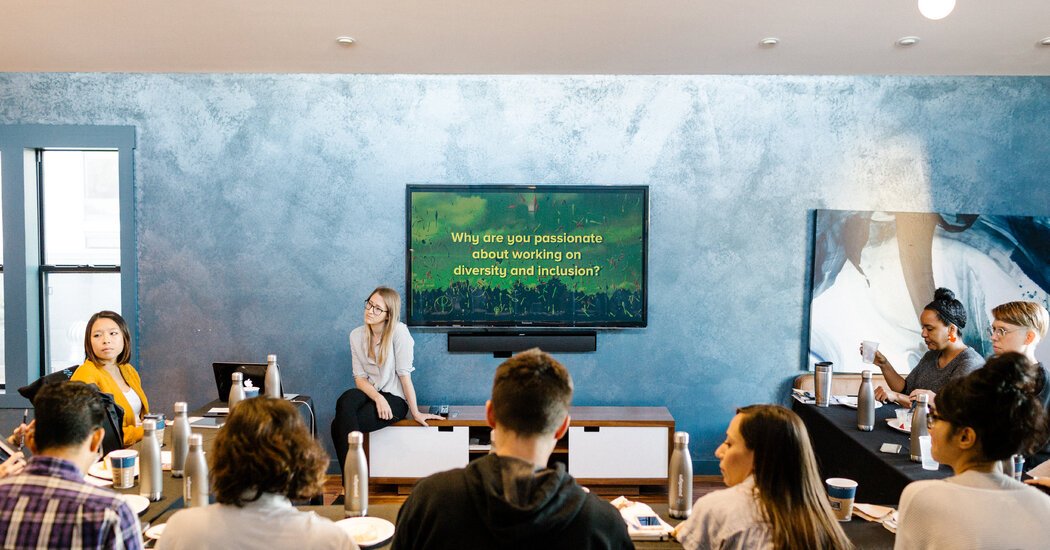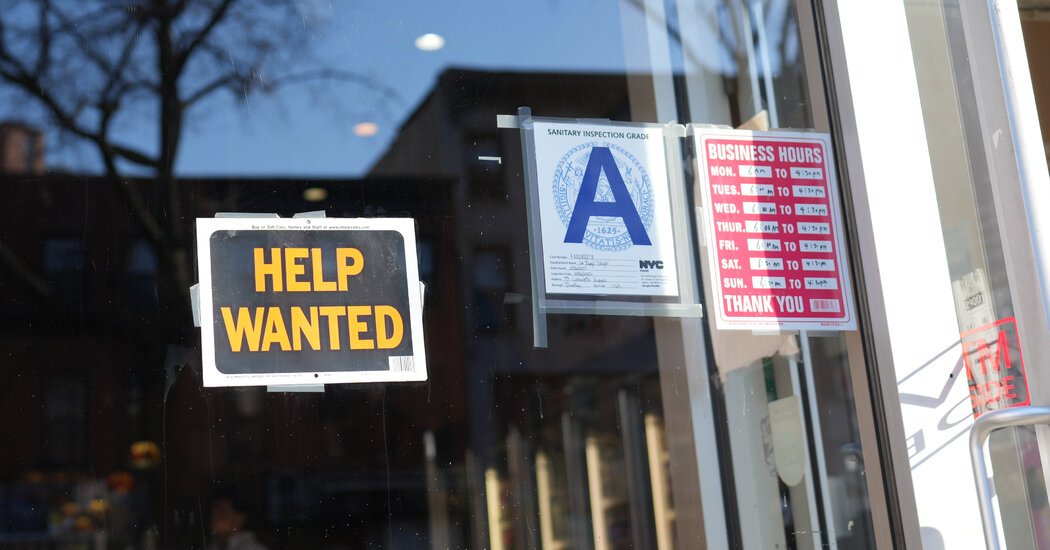Joelle Emerson’s D.E.I. consultancy, Paradigm, works with more than 500 companies. The growing backlash against D.E.I., she said, “is usually the first agenda item on every call.”
Critics of D.E.I., or diversity, equity and inclusion initiatives, have tried to scapegoat it for everything from regional bank failures to a panel’s ripping off a Boeing plane in flight last week. That debate gathered pace this month as three famous billionaires clashed over D.E.I.’s merits on social media: Elon Musk and Pershing Square’s chief executive, Bill Ackman, have attacked D.E.I. efforts as “racist,” while the investor Mark Cuban argued that they were “good for business.”
The economy and political landscape have changed since 2020, when companies hired D.E.I. officers in droves amid a racial reckoning after the murder of George Floyd. Recently, D.E.I. programs have become less visible. Over the past two years, hiring for D.E.I. roles has plunged and the number of investor calls mentioning D.E.I. has dropped.
That raises a question: Have companies pulled back on D.E.I.? Or have they just changed how they approach and talk about it?
D.E.I. is operating in a new environment. Last year, the Supreme Court struck down affirmative action in college admissions, setting off a wave of similar lawsuits and legal threats against company diversity programs. And while polling indicates that most Americans believe it’s good for companies to focus on diversity, equity and inclusion, there’s a wide partisan divide: In a Pew survey last year, 78 percent of workers who identified as Democrats agreed with this sentiment, while just 30 percent of Republican workers thought the same.







